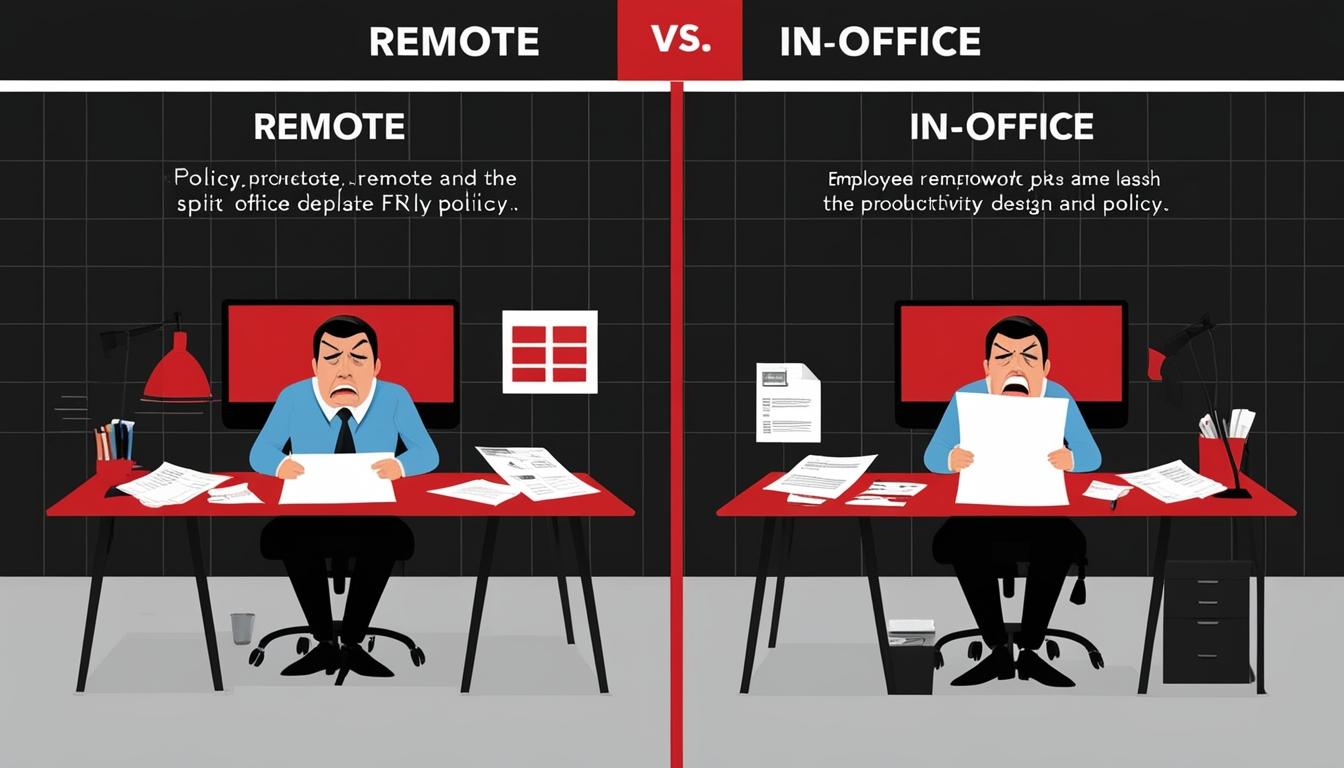Recent developments surrounding remote work have sparked a significant dialogue in the business sector, even as federal mandates have encouraged employees to return to their physical offices. The current landscape presents a split between employee preferences and organisational policies, with various insights illuminating the potential future direction of workplace practices.
Data emerges from a survey conducted by Bospar, a marketing and PR firm, encompassing over 1,000 U.S. workers. The results indicate that a majority—roughly 60%—of workers feel they are more productive when working from home. Additionally, more than one-third expressed that their performance remains consistent whether they are in the office or working remotely. Only 5% reported being less productive in a home office setting. This trend presents challenges for companies contemplating mandatory return-to-office (RTO) policies, as it could risk undermining employee efficiency and satisfaction.
Laurence Evans, CEO of Reputation Leaders, a U.K.-based market research firm, commented on the findings, emphasising the potential repercussions for organisations that enforce strict RTO mandates. “Companies enforcing mandatory return-to-office policies face clear risks to both employee productivity and market position,” he stated. His firm’s research identified that 73% of consumers would reconsider purchasing from businesses that insist on full-time office work, while 60% advocate for policies that facilitate remote working to mitigate environmental impacts.
Conversely, the financial sector appears to be moving in a contrary direction. John Lane, co-founder of Landing Point, an executive search firm specialising in financial services, noted a significant contraction in remote roles within that industry. “Our fully remote roles have dropped significantly and are almost nonexistent,” he reported, observing that the trend has shifted towards requiring employees to be present in the office for approximately four days a week, with only one day allowed for remote work, a notable change from previous practices that permitted two to three days of remote engagement.
The data presented signifies an ongoing workplace revolution, illustrating the discord between employee preferences for flexibility and organisational pressure for commitment to office environments. As major sectors navigate these opposing trends, it is evident that the conversation surrounding remote work and its implications on productivity, consumer behaviour, and environmental impact remains pertinent.
Source: Noah Wire Services
